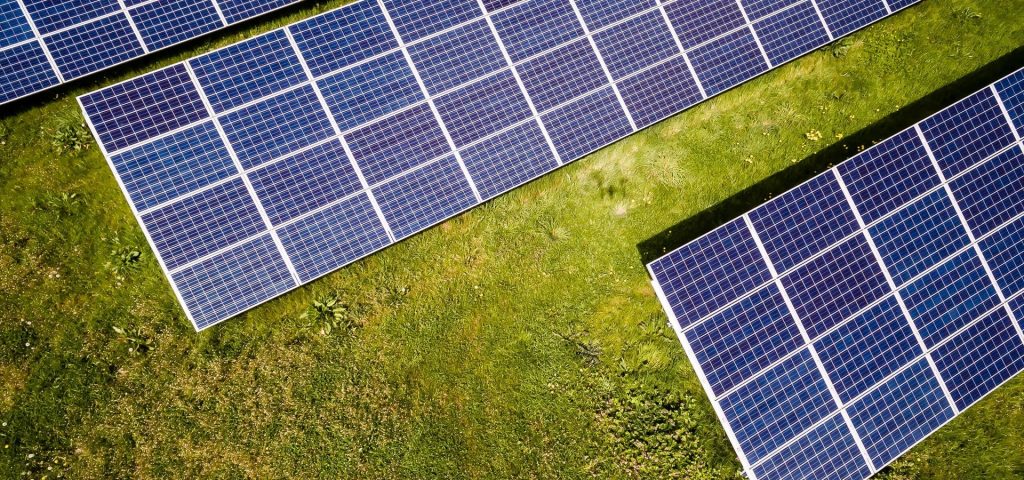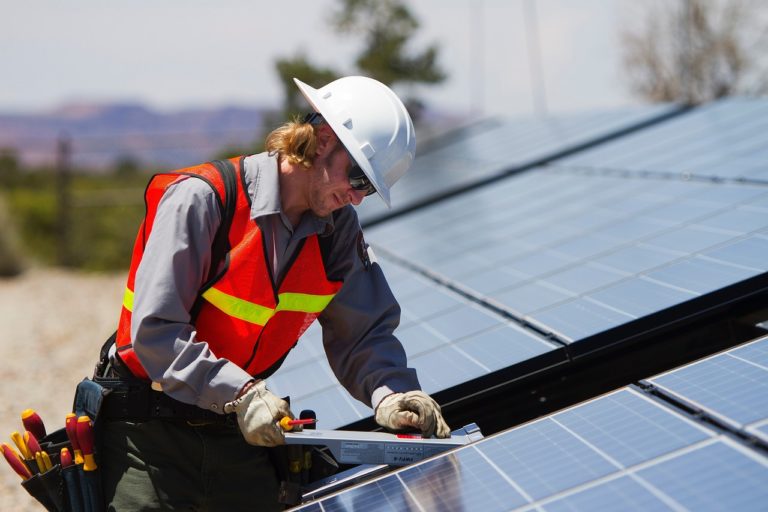As renewable energy becomes more popular, the use of solar energy has grown significantly. Solar panels are a viable option for those looking to reduce their carbon footprint and save money on utilities. However, there may come a time when you need to get out of your solar panel lease in Arizona. This article will discuss the process of how one can go about doing this. It will cover topics such as what issues must be taken into account before attempting to terminate the contract and exploring any legal remedies available if necessary. Finally, it will provide an overview of the steps required to successfully end a solar panel lease agreement in Arizona. By understanding these elements, individuals can make informed decisions regarding their particular situation.
Definition Of A Solar Panel Lease
A solar panel lease is a contractual agreement that allows an individual or business to install and operate photovoltaic (PV) systems on premises they do not own. It typically involves the leasing of property in which the PV system will be installed, as well as a fee for use of the equipment over a set period of time. Solar leases generally run between 15-25 years and require periodic payments for the duration of the contract. The main benefits of a solar panel lease are reduced upfront costs, increased efficiency through new technology, and long-term savings due to lower energy bills.
However, there can also be downsides such as potential changes to tax credits or rebates that could affect monthly payments, limited customization options with some leased units, and having to pay additional fees if you want to purchase the system outright at any point during the contract. Additionally, it is important to understand all terms and conditions before signing any contracts so that you know what you’re getting into ahead of time.
Understanding The Terms Of A Solar Panel Lease In Arizona
When entering a solar panel lease in Arizona, it is essential to understand the terms of the agreement. Before signing any document, an individual should review all contract details and inquire about anything that may not be clear. It is also important to research state laws regarding solar energy leases as each state has different rules and regulations.
In Arizona, it is legal for individuals to enter into a solar panel lease with a third-party leasing company or utility provider. The main components of any solar lease are: monthly payments for use of the panels, installation fees, maintenance fees, minimum usage requirements (if applicable), length of term, and termination provisions. Additional items such as taxes and insurance must also be taken into consideration when determining total costs associated with the agreement. If an individual wishes to terminate the lease prematurely they will likely have to pay cancellation penalties or additional fees depending on their specific circumstances.
Assessing Potential Fees Or Penalties For Ending A Solar Panel Lease In Arizona
When considering the termination of a solar panel lease in Arizona, it is important to assess potential fees or penalties that may be incurred. The first step should involve reviewing any existing contracts and assessing language regarding early termination clauses. Early termination clauses often stipulate whether there will be a fee associated with ending the contract before the agreed upon term has ended. If an early termination clause is not present, then Arizona law allows for reasonable compensation by either party if they are terminating prior to the completion of their contractual agreement.
If an early termination clause exists, it is also important to consider how much time would need to pass before being able to terminate without penalty. If enough time has passed since signing the contract, then this could provide a solution as well. Additionally, if both parties agree on certain terms such as reducing payments or other concessions, then these can also serve as solutions when seeking to end a solar panel lease in Arizona. It is important to remember though that all agreements must abide by state laws and regulations so any changes should be verified through legal counsel before moving forward with them.
Exploring Alternatives To Terminating A Solar Panel Lease In Arizona
It is important to explore alternatives before deciding whether or not to terminate a solar panel lease in Arizona. Depending on the individual’s situation, they may be able to negotiate with their current provider for better terms and conditions that allow them to continue leasing the system while avoiding any fees. It is also possible to transfer the existing contract to another party who takes over responsibility for payment of future installment payments.
In some cases, it might make sense to keep the solar panels even if they are no longer providing energy savings due to changes in utility rates or other factors. This could involve either buying out the remaining balance of the lease agreement or continuing monthly payments until all obligations have been met. In addition, homeowners can consider selling their home outright, which would remove them from any contractual obligation associated with their leased solar system.
Negotiating With The Solar Panel Leasing Company
In order to get out of a solar panel lease in Arizona, negotiating with the leasing company is an option. The first step is to research and understand the terms of the contract. This will help identify any potential loopholes that could be used as leverage when negotiating with the company. It is important to note that some contracts may have specific clauses related to termination or cancellation fees which should also be taken into account. Furthermore, it can sometimes be beneficial to consult legal counsel for advice on how best to proceed with negotiations.
Once the details of the contract are understood, contact the leasing company and explain why you would like to terminate or alter your existing agreement. Be sure to present logical arguments as well as possible solutions so that both parties can come away from negotiations feeling satisfied. Keep communication professional but friendly and consider offering alternatives such as extending payments over a longer period or reducing monthly fees if possible. If unable to agree upon mutually satisfactory terms, then cancelling the contract may be necessary.
Knowing Your Rights As An Arizona Resident
It is important to understand the laws that govern solar panel leases in Arizona. As a consumer, you have certain rights when it comes to leasing and purchasing solar panels. The Solar Rights Law protects consumers by prohibiting unfair contract terms such as penalties for early termination of contracts and mandatory arbitration clauses. Additionally, the law requires sellers or lessors of residential solar energy systems to provide written information about their products and services prior to entering into a contract with the consumer.
The state also has several programs available aimed at assisting homeowners who wish to purchase or lease solar energy systems. These include tax credits for installing renewable energy sources, loan programs for qualified applicants, and incentives from utility companies for customers who install home-based photovoltaic systems. Researching these options can help you determine which one is best suited for your individual needs and budget constraints.
Seeking Legal Advice If Necessary
When navigating a solar panel lease in Arizona, it is important to know when and how to seek legal advice. It may be beneficial for an individual to consult with an experienced attorney if they are unsure of the terms or conditions of their contract or need help understanding any other related laws or regulations. An attorney can provide valuable guidance on such matters as well as review the documents before signing them.
Additionally, seeking assistance from a lawyer who has experience in landlord-tenant law may be useful if there is a dispute between the two parties. Such disputes could involve issues such as late payments, damage to leased property, breach of contract, and more. A competent lawyer will have knowledge regarding applicable state laws and regulations that pertain to these types of situations and can assist in resolving them effectively. As always, individuals should ensure that all paperwork associated with their agreement is read carefully prior to signing so that they understand its contents fully.



